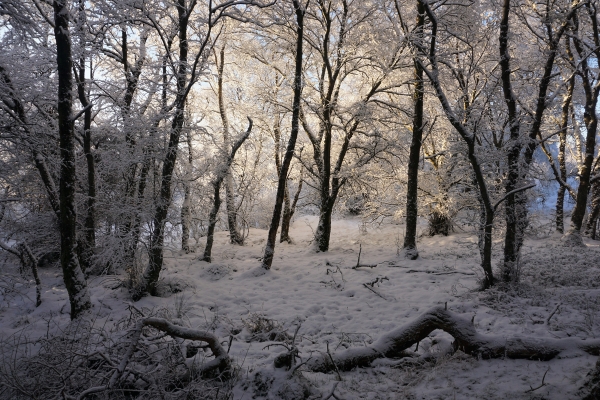
Help highlight the value of shooting in protecting UK woodlands
Share your views to help shape future guidance on the challenges of mammal damage to trees and the effectiveness of protection methods.
Get information on the legal shooting season for mammals and birds in the UK.
Apply for funding for your project or make a donation today
Comprehensive information and advice from our specialist firearms team.
Everything you need to know about shotgun, rifle and airgun ammunition.
Find our up-to-date information, advice and links to government resources.
Everything you need to know on firearms law and licensing.
All the latest news and advice on general licences and how they affect you.
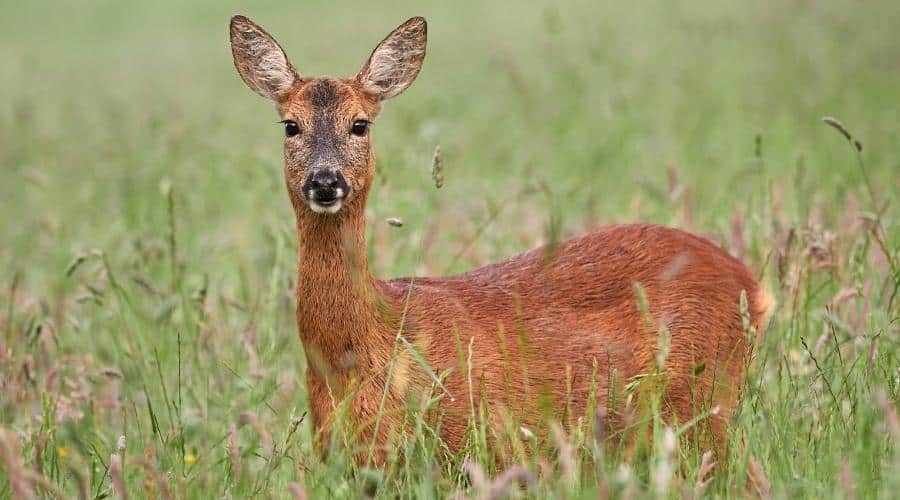
Containing recommendations on incentivisation, night shooting, male close season, and mandatory testing, the England Deer Strategy was launched by Defra on 4 August.
The England Deer Strategy was released alongside a month-long consultation which closes on 2 September. The consultation asks for views on proposals to tackle England’s growing deer population.
While BASC welcomes the government’s commitment to deer management in England, we feel that many of the proposals in this latest consultation fall short of the mark and lack any substance.
The strategy contains an over-reliance on altering legislation, most of which is already fit for purpose, and very little on bolstering the venison market, the latter of which is a sure-fire way of increasing the national cull.

We are responding to the consultation regarding the England Deer Strategy in full. 36,000 BASC members – 24% of our overall membership – are actively involved in deer management across the UK. We’re asking as many of these members as possible to respond also.
Highlighted below are some key questions within the consultation, plus our position on each:
Q6. Incentives for deer management
One of our biggest concerns with the strategy is regarding the level of attention given to where culled deer end up. There needs to be much greater emphasis on ensuring a final market for the venison produced and that the supply chain has no bottlenecks.
The way to incentivise deer managers to shoot more deer is to have a high market value for the carcass. An option for this would be for the government to purchase carcasses from Approved Game Handling Establishments (AGHEs) through some form of targeted incentive scheme.
For example, if we need to cull more muntjac, a premium could be offered through the AGHEs. At the moment, the carcass value of £5 – £10 for muntjac does not make it viable to cull them other than for personal consumption. Were these carcasses paid for by the government, they could then be used as an excellent source of healthy protein in a variety of settings, such as hospitals and schools.
Q7. No close season for male deer
BASC disagrees with the proposal of no close season for male deer. It is our view that it wouldn’t help reduce population levels in the long term, which can only be achieved by concentrating on the female cull. There is already an option for landowners who are suffering damage to control deer out of season, so we do not see the requirement for this proposal.
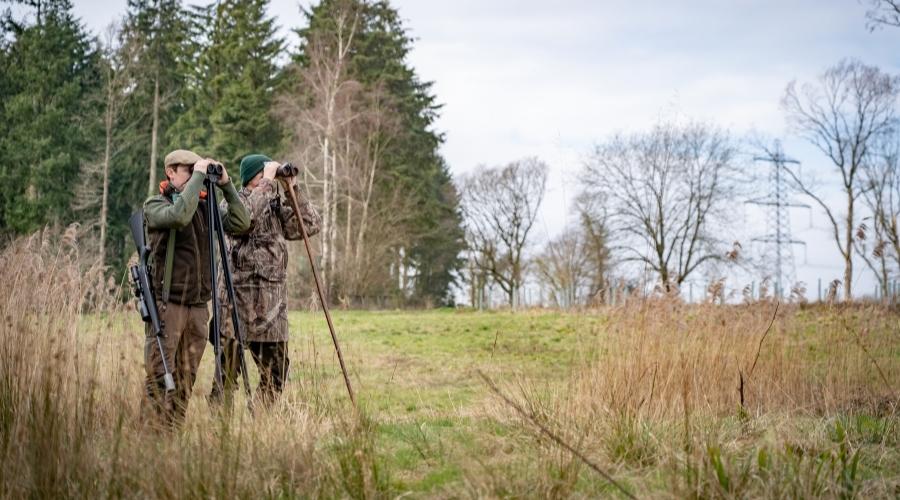
Q8. Shooting of deer at night
BASC strongly disagrees with the removal of the need for a licence to shoot deer at night. We do however agree with the need for an easier licensing process to allow night shooting where it is required. This would provide another tool for a deer manager to deploy if struggling to achieve cull targets. The licensing system would also help prevent some of the illegitimate killing (poaching) of deer at night.
Q14. Mandatory testing for all deer stalkers
BASC strongly disagrees with the proposal to require all deer stalkers to pass a mandatory test as there is no evidence it is required.
We have no records of any claims through our members insurance of incidents related to deer management. Similarly, we are not aware of any welfare issues arising from legitimate deer management and would like to see the evidence before such a draconian law was introduced.
The net result of a mandatory requirement for training would actually reduce the numbers of deer managers available to undertake the cull required as this would act as a significant barrier to entry into the sector.
The average age of BASC deer stalker members is 58 years old, and unless we can provide better access into the deer management sector, we will struggle to attract any new or young deer stalkers. This will have major impacts on our ability to control the national deer herd in the future.
The deer management sector has an excellent record of training and development with over half of all deer managers having achieved DSC1. BASC is strongly committed to training to ensure that those involved in the deer management sector demonstrate the highest standards at all times, but we are firmly of the belief that voluntary self-regulation is the best way to achieve this, rather than a bureaucratic diktat.
There is no need to review the existing Deer Act 1991 in relation to any of the proposals put forward, especially regarding close seasons for male deer and night shooting.
There is adequate provision within this legislation for the issuing of licences for shooting at night and out of season. Instead, Defra should review its policies for issuing these licences to simplify and streamline the system, thereby enabling deer managers to obtain the necessary licence where and when it is required.
The alternative is a lot of parliamentary time being wasted when these tools are already available.
If you are a deer stalker or undertake deer management, be it professionally or recreationally, please share your views by responding to the consultation.

Share your views to help shape future guidance on the challenges of mammal damage to trees and the effectiveness of protection methods.
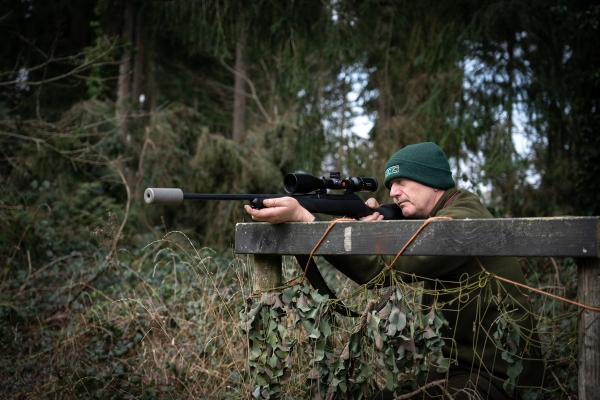
BASC Scotland director Peter Clark warns that proposals in the Natural Environment Bill risk undermining deer management in Scotland.
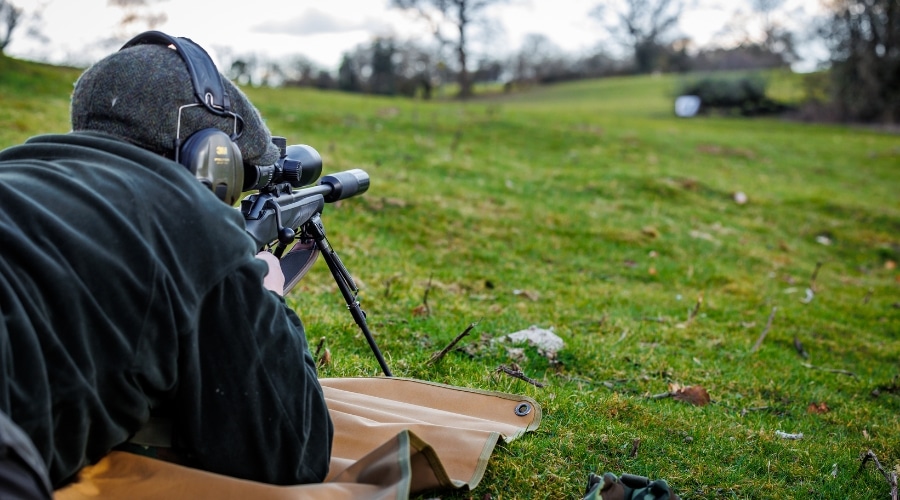
We would like to hear from you to help shape BASC’s training courses and educational provision for the future.
Sign up to our weekly newsletter and get all the latest updates straight to your inbox.
© 2025 British Association for Shooting and Conservation. Registered Office: Marford Mill, Rossett, Wrexham, LL12 0HL – Registered Society No: 28488R. BASC is a trading name of the British Association for Shooting and Conservation Limited which is authorised and regulated by the Financial Conduct Authority (FCA) under firm reference number 311937.
BASC Direct Ltd is an Introducer Appointed Representative of Agria Pet Insurance Ltd who administer the insurance and is authorised and regulated by the Financial Conduct Authority, Financial Services Register Number 496160. Agria Pet Insurance is registered and incorporated in England and Wales with registered number 04258783. Registered office: First Floor, Blue Leanie, Walton Street, Aylesbury, Buckinghamshire, HP21 7QW. Agria insurance policies are underwritten by Agria Försäkring.
If you have any questions or complaints about your BASC membership insurance cover, please email us. More information about resolving complaints can be found on the FCA website or on the EU ODR platform.